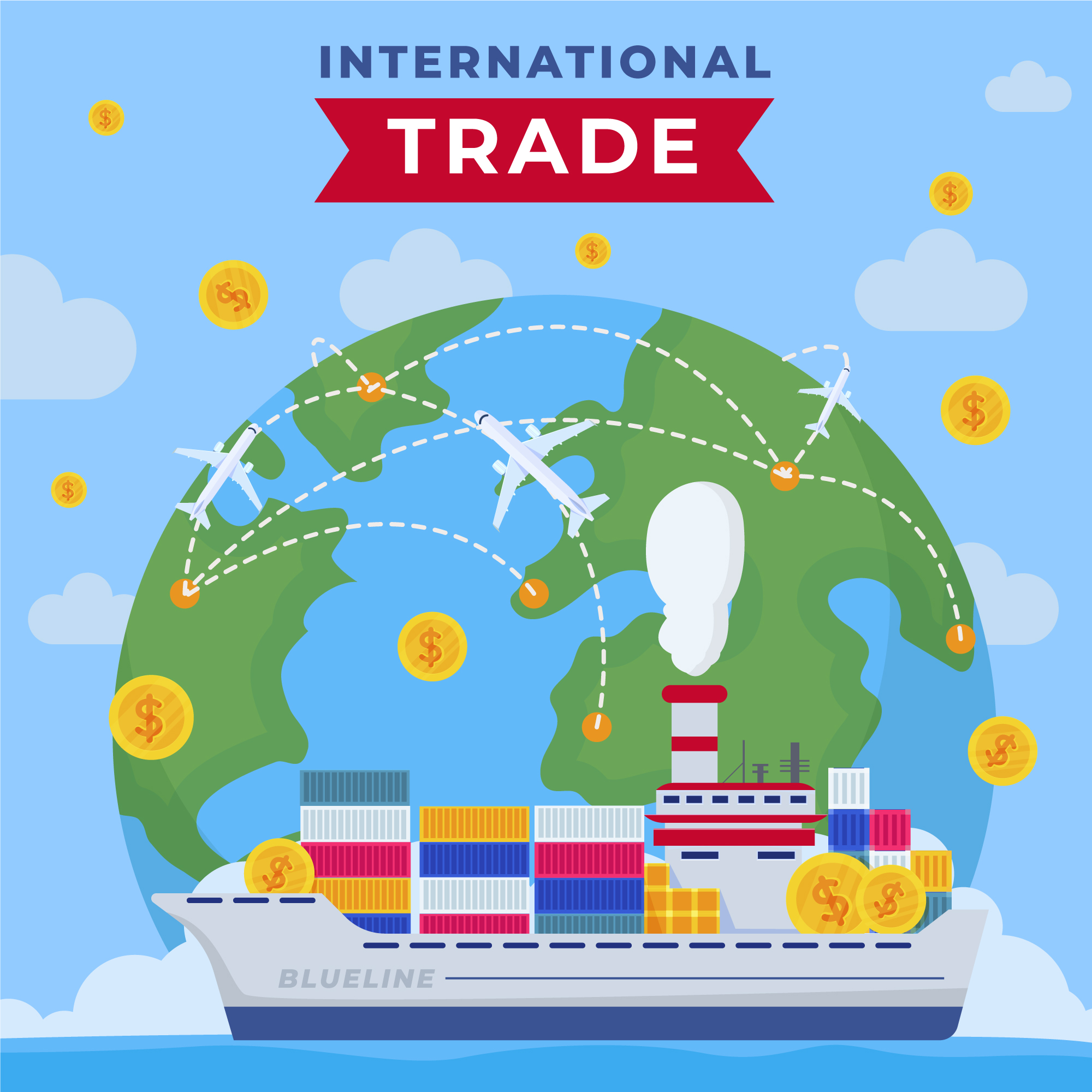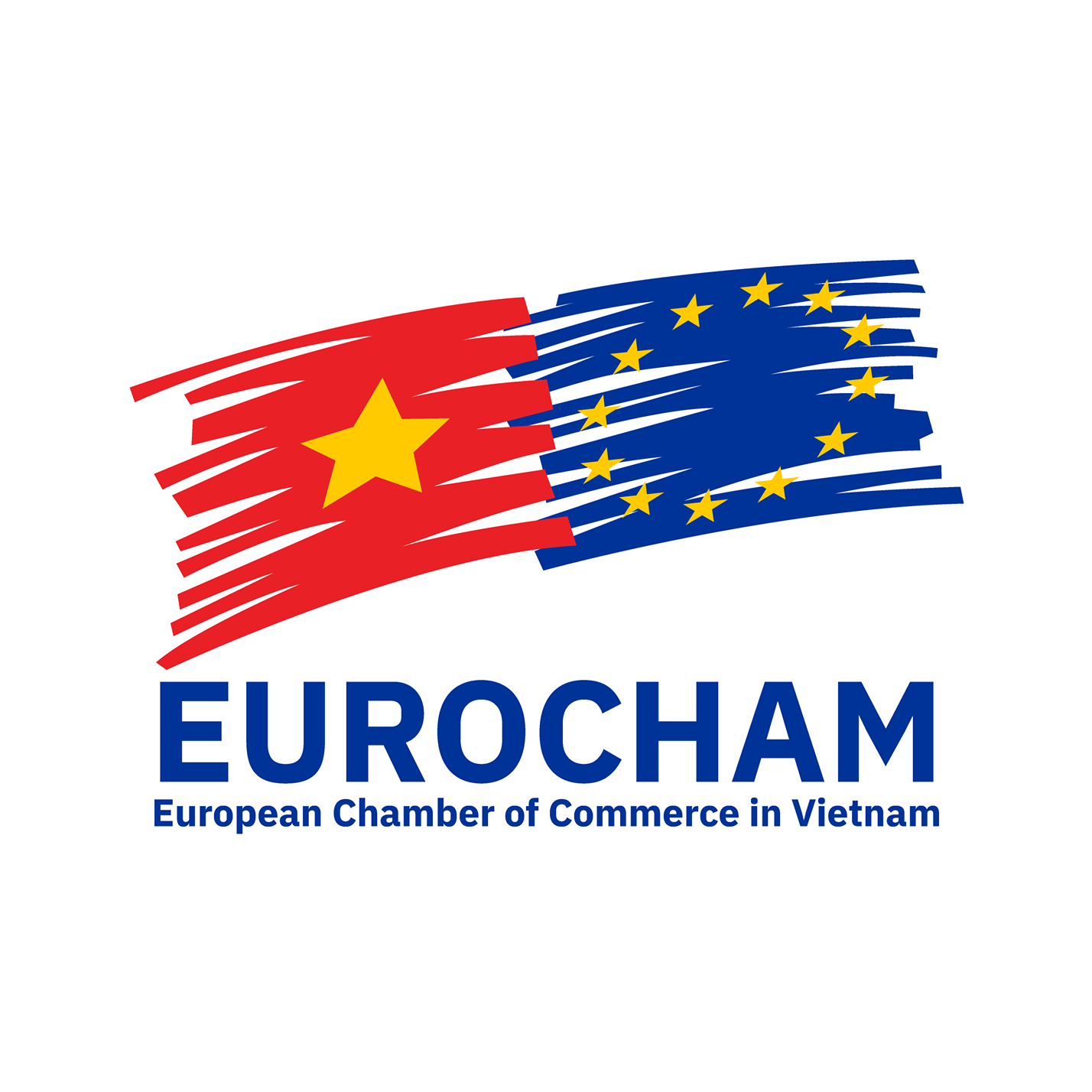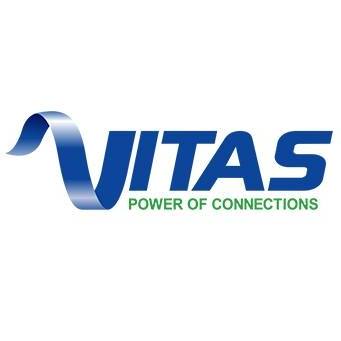
Amid increasingly stringent security and customs procedures, compliance with import control systems is crucial for exporting businesses. The European Union’s (EU) Import Control System 2 (ICS2) has become an essential tool to ensure transparency and safety for imported shipments entering this market. Adhering to the ICS2 system not only helps exporters avoid delays but also minimizes the risk of shipment rejection, directly impacting business performance.
What is the ICS2 Import Control System?
The ICS2 (Import Control System 2) is a modern framework established by the European Union to enhance security controls and prevent threats posed by imported goods. It represents a significant step forward in inspecting and processing goods at EU ports and airports. ICS2 requires all shipments bound for Europe to be pre-declared at least 24–48 hours before arrival. This system assesses risks associated with goods and may require further inspections for high-risk shipments.
The primary objective of ICS2 is to secure EU borders and ensure that imported goods do not pose safety hazards or violate regulations. It operates based on detailed data about goods, senders, recipients, and transportation routes. This allows EU authorities to make timely decisions regarding inspections or shipment approval.
| First deployment window | Second deployment window | Third deployment window |
Time range | 2024/06/03-2024/12/04 | 2024/12/04-2025/04/01 | 2025/04/01-2025/09/01 |
Request enhanced data to supplement bill of lading | 1. Is there a delivery order? 2. EORI of the next declarant (additional declarant) 3. Numbering 4. Cus code (chemical goods) The 6-digit HS CODE seal code. 5. Complete the consignor and consignee address information. | Shipper/customer directly 1. Provide the carrier with information about the buyer and seller 2. Declare the buyer and seller information directly via the EU customs system (self-declaration) Transport of goods 3. Provide HBL information to the service provider 4. Declare the HBL directly via the EU customs system (self-declaration) | Rail and road transport (to be announced later) |
ICS2 Deployment Window and Requirements The third phase of the ICS2 deployment process is divided into three windows, each with different requirements. Deployment Window and Specific Requirements
Why is ICS2 Import Control Important for Businesses?
1. Ensuring Customs Compliance
One key reason businesses comply with ICS2 is to avoid legal risks. The EU mandates that all imports provide detailed goods information prior to entry. Non-compliance can result in shipment rejection, delays, or hefty fines, which can disrupt business relationships and supply chain operations.
2. Avoiding Shipment Delays or Rejections
ICS2 enables EU authorities to assess risks and classify goods. Non-compliant shipments may face detention, detailed inspections, or even rejection. Non-adherence to ICS2 can lead to significant delays, affecting delivery schedules and profitability.
3. Enhancing Risk Management Processes
An essential feature of ICS2 is its ability to manage and mitigate risks. The system categorizes goods by risk level before they arrive at EU ports. High-risk shipments undergo more thorough checks, preventing potential threats from entering the EU market. This ensures safety for both the EU and exporting businesses, reducing the chances of unforeseen incidents.
Steps to Comply with the ICS2 Import Control System
1. Submit Complete Goods Descriptions Before Arrival
One of the critical ICS2 requirements is the submission of complete and accurate Shipping Instructions (SI) at least 48 hours before the ship arrives at the port. This gives authorities sufficient time to review and verify the information while assessing shipment risks. Incomplete or inaccurate documentation can result in delays or rejection of goods.
2. Provide Full Documentation for Customs Declarations
To ensure smooth customs clearance, businesses must supply all necessary documents, including commercial invoices, certificates of origin (C/O), sales contracts, and shipping documents such as bills of lading. Missing documents can lead to detention or additional inspections.
3. Avoid Errors in Information Declarations
Errors or omissions in declarations can cause significant issues, including shipment delays, rejections, or pre-entry inspections. Therefore, verifying the accuracy and completeness of all declared information is vital.
Impact of ICS2 on Exporters from Vietnam and China
For exporters from Vietnam and China, compliance with ICS2 is more critical than ever. These countries are major suppliers to Europe, and ensuring that all shipments adhere to ICS2 requirements reduces risks and facilitates smooth imports.
Exporting companies must thoroughly prepare their customs declaration processes, including providing accurate goods descriptions, submitting the necessary documents, and meeting submission deadlines. This helps avoid delays or rejections at European ports, maintaining stable business relationships with EU partners.
Conclusion
The ICS2 import control system is a vital element for exporters entering the European market. Complying with its regulations not only ensures security and transparency in import processes but also helps businesses avoid risks of shipment delays or rejections. Always provide complete and accurate information before shipping goods to Europe.
With the support of VICO Logistics, you can rest assured that your goods will be transported smoothly, adhering to all regulations, and free from delays or customs issues.
Contact VICO Logistics today for assistance in complying with ICS2 regulations and ensuring seamless exports from Vietnam or China to Europe.
Learn more our article:
1. Latest Updates on Vietnam On-Spot Import-Export Regulations from VICO Logistics
2. Optimizing Logistics in Cambodia with VICO’s Vietnam-Cambodia Cross-Border Service
---
VICO Logistics – Your Indochina Expert
Premium member of Eurocham, JCtrans, VCCI, VITAS... associations
Owned offices: Hong Kong (headquarters), China (Shenzhen, Shanghai), Vietnam (Ho Chi Minh, Da Nang, Hai Phong).
Follow us for more valuable information
Book now: https://vico.com.hk/#quotation
Contact us:
- Email mkt4_hcm@vico.com.hk (For business development)
- Hotline: Zalo/Whatsapp: (+84)901877108
- WeChat: miauyen157






